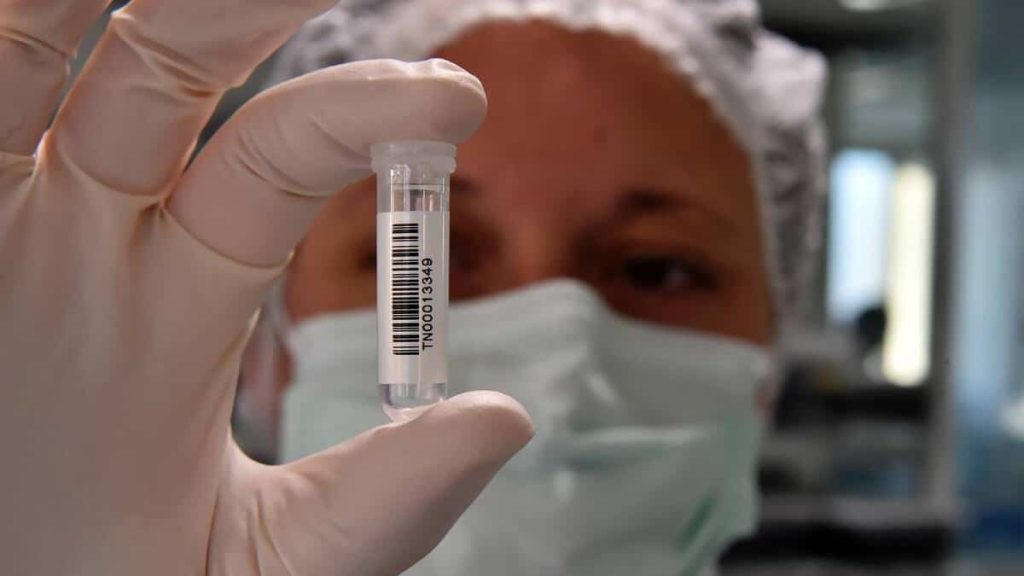
The recent craze for genealogy and genetic data banks raises ethical questions, as these companies make it possible to find people who would never send their DNA sample.
• Also Read: Two murders were solved thanks to online genealogy sites
This is especially true for a criminal identified through genetic genealogy technology. One of his relatives is part of this kind of database. Thus the culprit was found and charged.
These private companies are gaining popularity with public interest in their own sources or assessing risk factors for their health. Many people voluntarily send their saliva samples to genealogy companies to find close relatives.
Emmanuel Milot, professor of genetics in the Department of Chemistry-Biochemistry at UQTR, worries that “even if we don’t pour our DNA into one of these banks, we are all more or less indirectly recorded or identifiable”.
“It’s disturbing to know that it’s in the hands of American private companies,” he added.





More Stories
Sportswear: Lolle acquires Louis Garneau Sports
REM is still innovative enough to foot the bill
A trip to the restaurant with no regrets for these customers